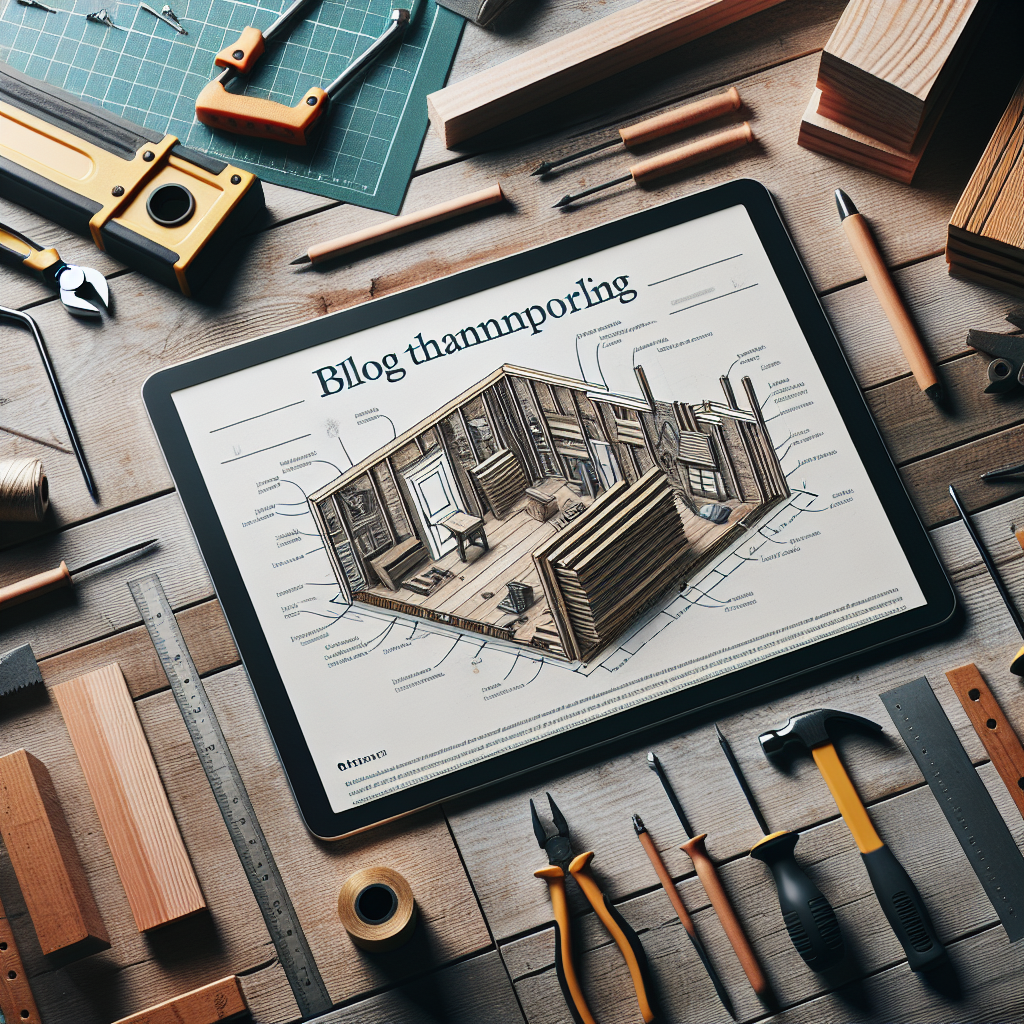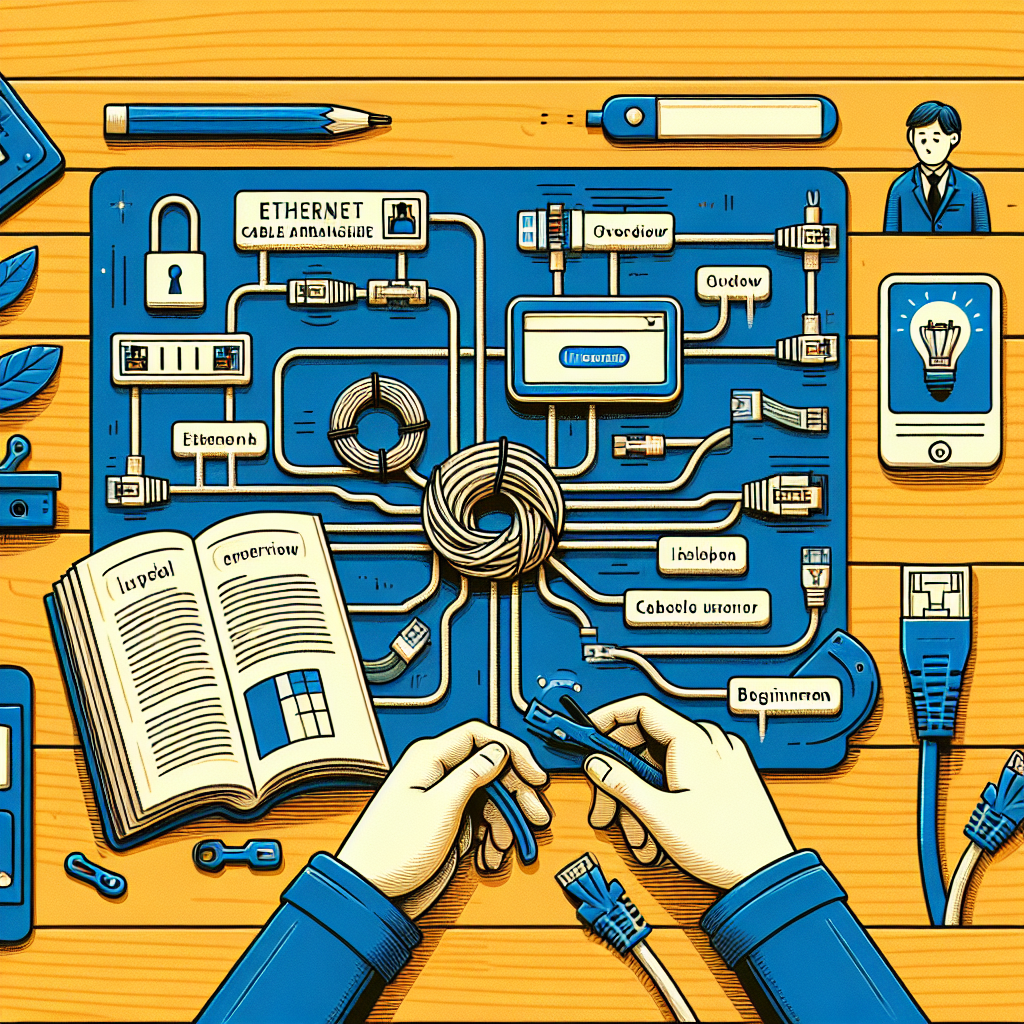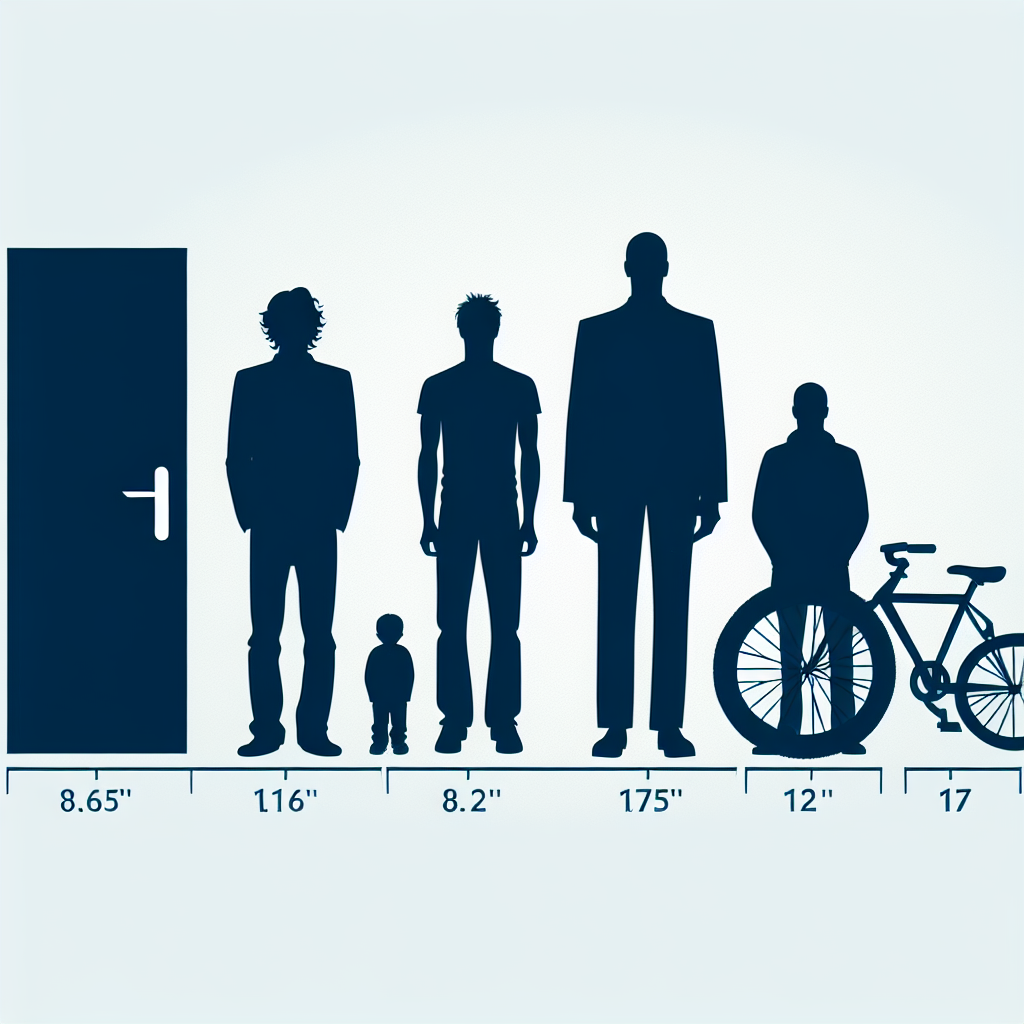Who Makes BMW Batteries? A Deep Dive into BMW's Battery Suppliers and Technologies
Understanding who makes BMW batteries is essential for car owners and enthusiasts alike. This article will explore the companies behind the manufacturing of BMW batteries, the technology they employ, and how this impacts vehicle performance.

Who Makes BMW Batteries?
Batteries are a critical component of any vehicle, significantly affecting performance, efficiency, and longevity. BMW, known for its luxury and performance vehicles, sources its batteries from a selection of specialized manufacturers. In this article, we delve into the major players in the battery production industry for BMW, examining their roles and contributions.
Major Battery Suppliers for BMW
BMW partners with several industry leaders to produce its batteries, largely influenced by the type of vehicle and technology being utilized. Some key suppliers include:
- Samsung SDI: A leading manufacturer of lithium-ion batteries, Samsung SDI supplies BMW with high-performance battery cells, particularly for its electric and hybrid models. Their advanced technology allows for greater efficiency, range, and durability.
- CATL: Contemporary Amperex Technology Co., Limited (CATL) is another significant supplier of lithium-ion batteries for BMW. CATL focuses on developing next-generation battery solutions that provide higher energy density and faster charging capabilities.
- Northvolt: A new player in the battery manufacturing market, Northvolt aims to produce sustainable batteries with minimal environmental impact. They are part of BMW’s strategy to secure battery supply chains in Europe, emphasizing green initiatives and lowering carbon footprints.
- Bosch: Robert Bosch GmbH is heavily involved in developing battery management systems for BMW’s electric vehicles. Although they do not manufacture batteries themselves, their technology is integral to ensuring optimal performance.
The Technology Behind BMW Batteries
BMW has invested heavily in battery technology, working closely with its suppliers to develop cutting-edge batteries that meet their high-performance standards. The batteries used in BMW's electric and hybrid vehicles are primarily lithium-ion. Key features include:
- High Energy Density: Both Samsung SDI and CATL focus on maximizing energy density, which directly translates to longer battery life and greater driving range for electric vehicles.
- Fast Charging: Advanced materials and engineering allow BMW batteries to support fast charging, reducing downtime for electric vehicle owners.
- Thermal Management: Efficient cooling systems are employed in BMW batteries to maintain optimal operating temperatures, ensuring performance and longevity.
How Does BMW Choose Its Battery Suppliers?
The selection of battery suppliers is a critical decision for BMW, influenced by several factors:
- Technology Compatibility: BMW evaluates the compatibility of suppliers' technologies with its requirements to ensure high performance and efficiency.
- Sustainability: As part of its commitment to sustainability, BMW prioritizes suppliers who utilize environmentally friendly manufacturing processes and materials.
- Geographic Considerations: With a growing emphasis on local sourcing, particularly within Europe, BMW looks for suppliers that can provide logistical advantages and reduce supply chain disruptions.
Future Developments in BMW Batteries
As the automotive industry shifts towards electrification, BMW continues to innovate in battery technology. The company is not only focusing on existing partnerships but is also investing in research and development of next-generation battery technologies. Potential developments include:
- Solid-State Batteries: BMW is exploring solid-state batteries, which promise enhanced safety and energy density compared to traditional lithium-ion batteries.
- Recycling Initiatives: In collaboration with partners like Northvolt, BMW is working on battery recycling programs to minimize waste and enhance sustainability.
Conclusion
BMW’s commitment to excellence extends beyond the vehicles themselves; it incorporates every aspect of its production, including battery sourcing and technology. With key partnerships with renowned manufacturers like Samsung SDI, CATL, and Northvolt, BMW is poised to lead in the electric vehicle sector, ensuring that its batteries are reliable, efficient, and sustainable. Understanding who makes BMW batteries helps consumers appreciate the advanced technology that powers their vehicles and the efforts behind their development.
New posts

Everything You Need to Know About Battery as a Service (BaaS)
Sustainability

Exploring NIO Sports Cars: Performance, Technology, and Future Prospects
Automotive

Trends in Mobility: A Forward-Looking Approach to Transportation Innovation
Innovation







Popular posts

Smart Device Integration in Cars: Revolutionizing the Driving Experience
Innovation

Exploring the Future of E Automobiles: Questions Answered
Sustainability

Unlocking the Future: The Role of Sensors in Vehicles
Automotive Technology

Exploring the Electric Coupe: A New Era of Performance and Style
Sustainability

How Much is the AVTR Car? A Comprehensive Cost Analysis
Mercedes-Benz

Understanding NIO AD: Revolutionizing Autonomous Driving
Automotive

Revolutionizing Mobility: The Latest Breakthroughs in New Electric Car Battery Technology
Sustainability

Harnessing Solar Power: The Revolutionary Impact of Solar Roofs on Cars
Sustainability

The Future of E-Fuel Gasoline: Revolutionizing Transportation
Sustainability

Exploring Intelligent Driving: Key Questions and Insights
Transportation Innovation